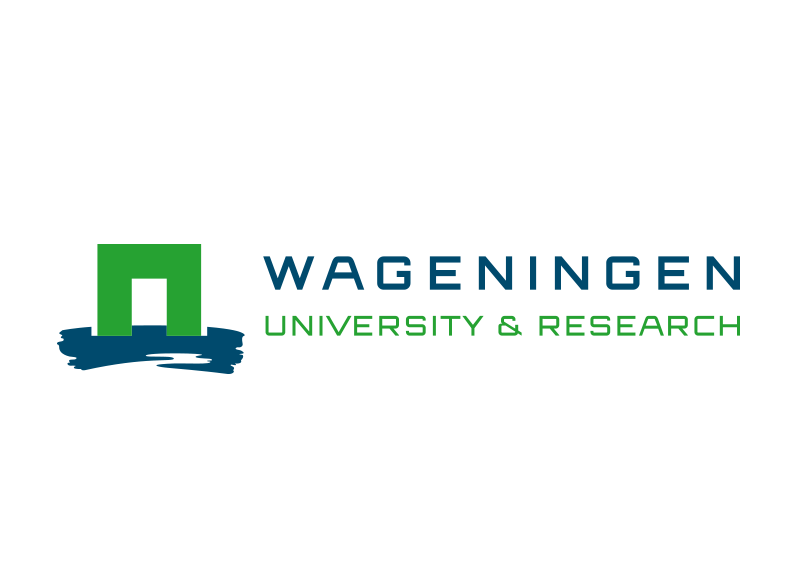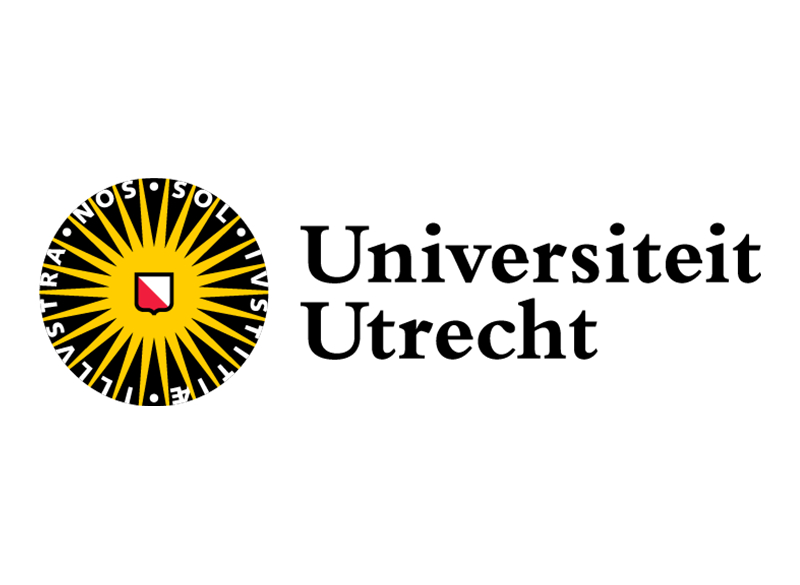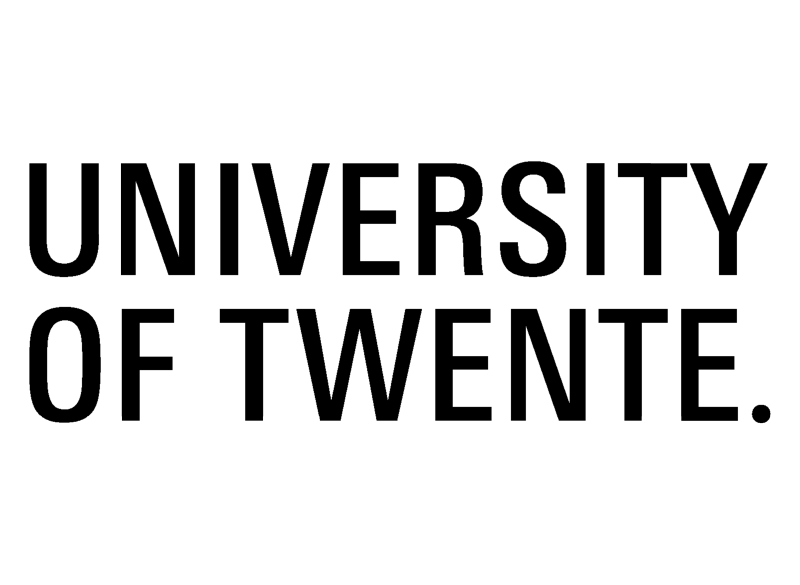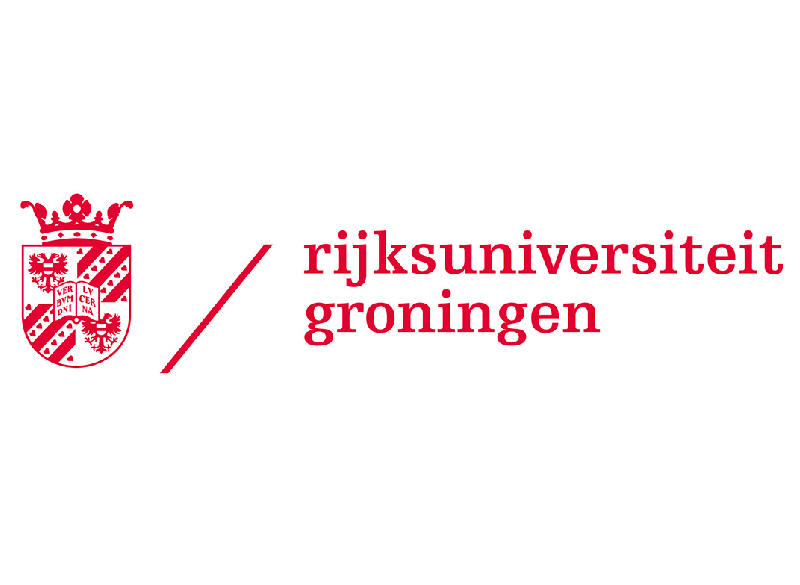Related programmes
On this page, you can find the differences between the MSc programme Environmental Engineering at the TU Delft and related programmes at other Dutch Universities.
-
Earth and Environment
Environmental Sciences
International Land and Water ManagementThe WUR is also a technical university where the related masters focus on environmental issues with similar subjects such as hydrology, water technology and air and water quality. However, the students who choose the technical MSc environmental courses in Wageningen mainly have a background in chemistry or biotechnology, while the students who will be admitting to Environmental Engineering at the TU Delft have a stronger engineering background in civil engineering, mathematics or physics. The focus of the degree in TU Delft is mainly on data processing and interpretation, modelling and design of technical solutions.

-
Environmental SciencesWithin its related programmes, UU focuses more on earth sciences, with the global natural environment as its research area. Environmental Engineering mainly focuses on the living environment. There is also some overlap in the field of hydrology and water technology. The main difference with the UU programmes is again that TU Delft focuses on the technical side (intervention) with understanding of the science, while Utrecht focuses more emphatically on the scientific side (understanding).

-
Civil Engineering and ManagementCivil Engineers and Environmental Engineers study the same parts of the living and the built environment. They focus on several topics in those environments. The Civil Engineer is concerned with the design and safe construction of civil infrastructure (roads, dikes, bridges, buildings, etc.), while the Environmental Engineer is concerned with the quality of the living environment and the design of specific environmental infrastructure (water transport and treatment, irrigation systems, landfills, waste sorting facilities, green roofs, etc.). The two types of engineers encounter each other in the field of water management, urban design or in the construction and demolition of civil works. In the field of water management, there is therefore a partial overlap with the civil education in Twente.

-
Metropolitan Analysis, Design and EngineeringThe MSc programme Metropolitan Analysis, Design and Engineering (MADE) focuses on urban environmental issues (and in that respect overlaps with Environmental Engineering), of Amsterdam in particular. An important difference with MADE is that Environmental Engineering focuses on modelling and quantifying environmental problems. Environmental Engineering has a different target group than MADE: as Environmental Engineering is only accessible to students with a technical background as it focuses on technical aspects, MADE also welcomes students from the social sciences and the life sciences, supplemented by several technical-scientific subjects.


-
Water TechnologyWater technology includes water quality and at lesser extent water quantity as research areas such as sustainable innovations and optimizations for raw materials (mainly water), energy and pollution. Environmental Engineering students also study these topics, but embedded within the broader field of Environmental Engineering, with more attention towards data, modelling and design. In Environmental Engineering water quality and water quantity go hand in hand, while cross over topics can be chosen between all other MSc programmes of the CEG faculty.


